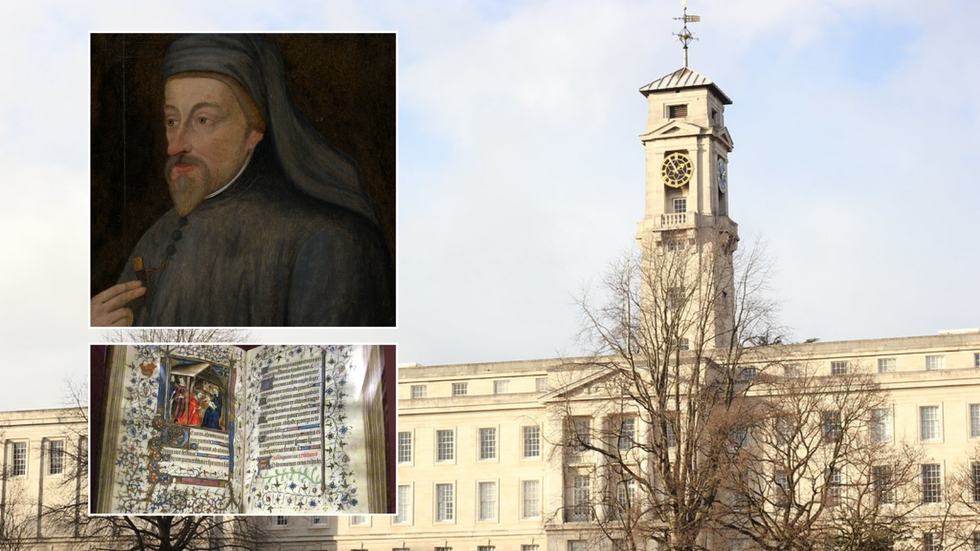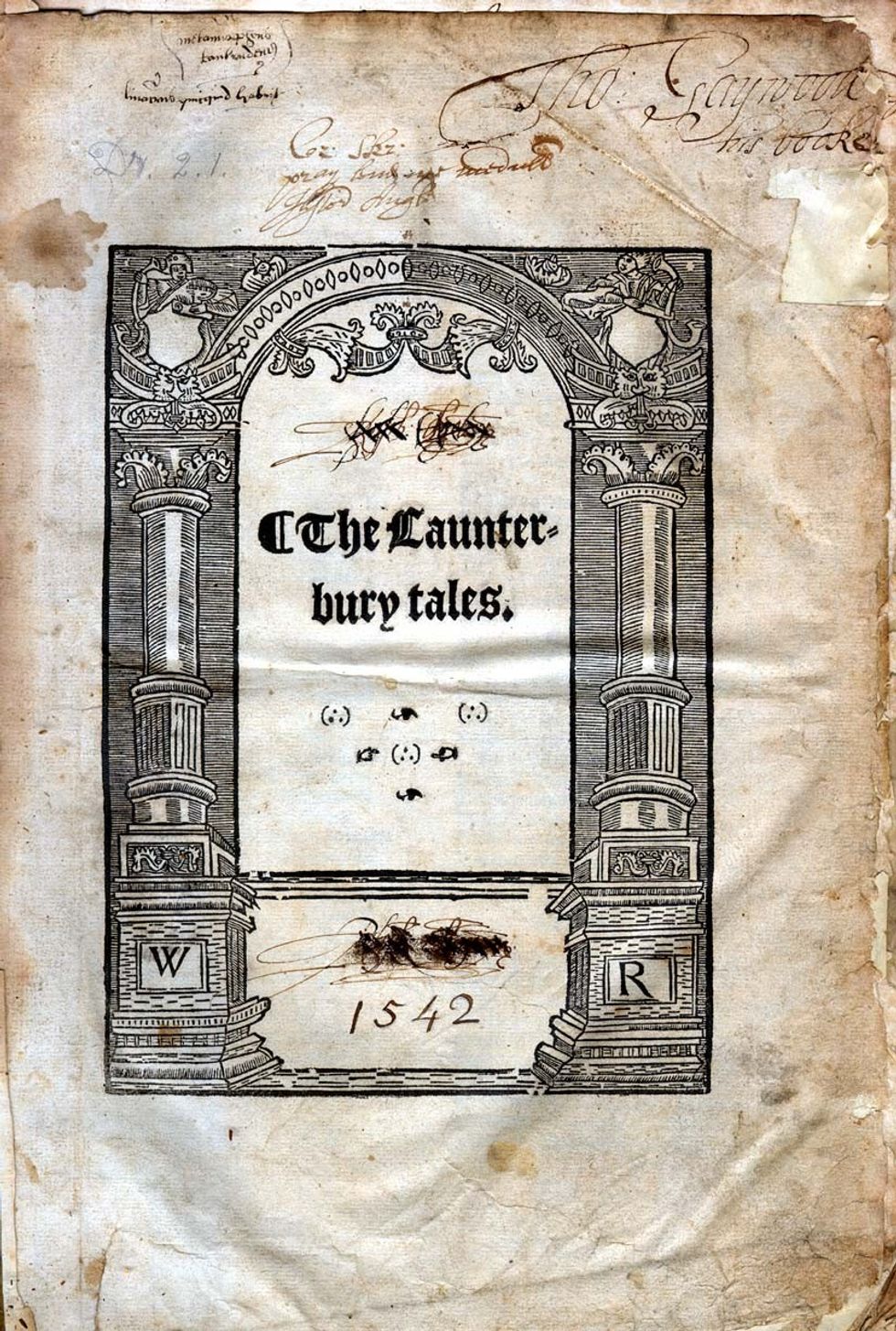Nottingham University has sparked outrage after issuing a trigger warning for Geoffrey Chaucer’s The Canterbury Tales over “expressions of Christian faith”.
The decision has drawn sharp criticism from academics who view it as an overreaction and a misunderstanding of the work’s historical context.
The warning for the module called ‘Chaucer and His Contemporaries’ also alerts students to instances of violence and mental illness in the works of Chaucer and other medieval writers.
Critics argue that the approach demeans education and demonstrates a lack of understanding of the Christian-centric medieval worldview.
 Nottingham University has faced criticism for the trigger warning on the classic piece of English literatureFLICKR/WIKICOMMONS
Nottingham University has faced criticism for the trigger warning on the classic piece of English literatureFLICKR/WIKICOMMONS
The Canterbury Tales, written between 1387 and 1400, is a collection of stories told by pilgrims travelling from London to Canterbury Cathedral.
Its characters, including the promiscuous Wife of Bath and the drunken miller, are deeply rooted in the Christian medieval world.
While The Canterbury Tales contains explicit themes of rape, lust, and antisemitism, the university’s warning makes no mention of these elements.
Instead, it focuses on “expressions of Christian faith”, a decision that has baffled critics.

While The Canterbury Tales contains explicit themes of rape, lust, and antisemitism, the university’s warning makes no mention of these elements
Frank Furedi, emeritus professor of sociology at the University of Kent, told the Mail on Sunday: “Warning students of Chaucer about Christian expressions of faith is weird.
“Since all characters in the stories are immersed in a Christian experience there is bound to be a lot of expressions of faith.
“The problem is not would-be student readers of Chaucer but virtue-signalling, ignorant academics.”
Historian Jeremy Black added: “Presumably, this Nottingham nonsense is a product of the need to validate courses in accordance with tick-box criteria.
“It is simultaneously sad, funny and a demeaning of education.”
In response to the criticism, a spokesman for Nottingham University defended the institution’s stance, stating that the university “champions diversity”.
They added: “Even those who are practising Christians will find aspects of the late-medieval worldview… alienating and strange.”